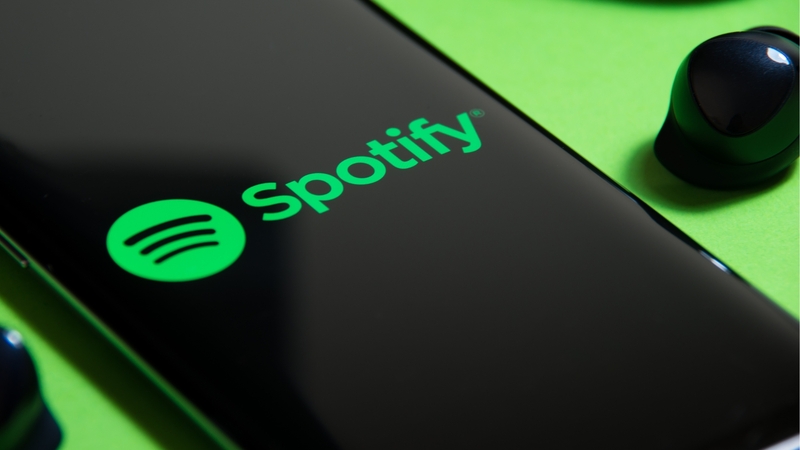You are viewing your 1 free article this month. Login to read more articles.
Faber print sales down by a third but digital growing, says c.e.o
Stephen Page has said Faber's sales are down "about a third year on year for print" during the lockdown period, but that digital sales are on the rise. Page's comment confirms the view that publishers who have broad publishing programmes and sell across a range of retailers, including digital, are faring better than those reliant on high street visibility or sales.
Making an appearance on The Bookseller's weekly Twitter conversation, the Faber c.e.o. also attributed much of the company's stability to to recruiting more people to the Faber Members programme, and the timely BBC TV adaption of Sally Rooney's hit novel Normal People.
"The marketing around Normal People has created a lot of engagement with Faber as well as the programme", he said. "It's excellent TV and the fans of the book are finding it faithful. It has the feel of a national watching event, and it's driving readers to the book in all formats. The relationship between books and movies and TV has become more powerful recently and this is another example."
Page said the company had "moved quickly" to close its offices a week before lockdown and had adapted "rather amazingly quickly to home working". He admitted that it was "a challenge to get the company in the right shape and rhythm" for lockdown, but added: "As with many other businesses we've been surprised by how quickly we adapted".
He anticipated lessons learned during the lockdown will outlast the pandemic. "We can integrate a great deal more home-working in the future, " he said, and the company will continue to focus on "online content marketing and a full on engagement with consumers—both through general channels and the Faber Members programme."
As many authors rely on the revenue generated by launches and book promotions, Page predicted the industry would have to "rapidly evolve how events work". He suggested it would become normal to experience events "as a hybrid of broadcast and theatre", and said that this would bring "exciting possibilities alongside major challenges to overcome". Commenting on the importance of books during lockdown, he added: "Whatever lies before us, reading is strong".
Page also spoke of his concern for bookshops and the range they promote, as publishers look to sell books direct at a time when high street bookshops are closed. "Bookshops are essential to the ecology of reading and writing. Publishers have to engage directly with consumers, but they do that in partnership. The collapse of print sales with no high street is also a collapse of range and discovery for readers."
When asked about publishers' reluctance to sell direct, he said: "I think it's because engaging with consumers remains much more the concern than becoming retailers, which is very hard to do. The biggest publishers remain clear about that. I'm very keen that Faber's brand brings readers to our writers and is agnostic about where they buy."
He was broadly positive about using this period as a time of evolution for the sector: "The tragedy, the great difficulty and disruption, and the extreme challenge to our economy are not a context anyone would have sought. But it seems inevitable that the scale of impact will do great damage to things that were already fragile and force embracing of new ideas. The acceleration is, though, to be embraced, ignoring the context. We can work in more agile ways and be less-London-centric. We have been whole-hearted about content marketing and must continue to be. We have seen rapid evolution in the hybrid of online-bricks & mortar. And we have been experimenting and living in a future with a fire burning under our feet. I think we can see much of what our future holds, once we navigate this terrible crisis, and we've had no reason to hold back from doing all we can to get to that shore."

















